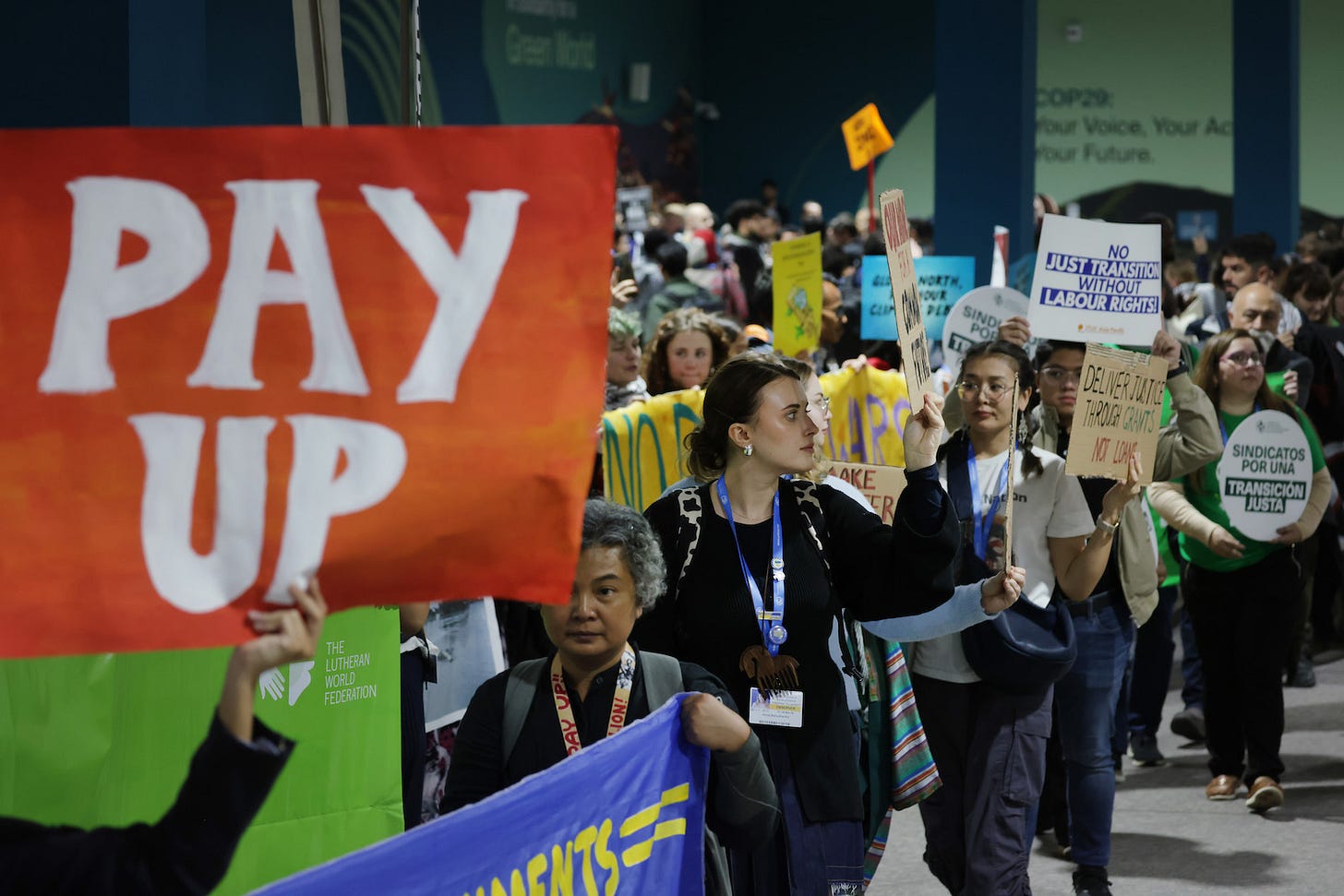COP29 smells like oil
What’s happening—and not happening—at the biggest and most influential climate summit in the world.

The world’s largest climate summit literally smells like oil.
Leaders from nearly 200 countries have come together at the United Nations climate summit in Baku, Azerbaijan to strat…


